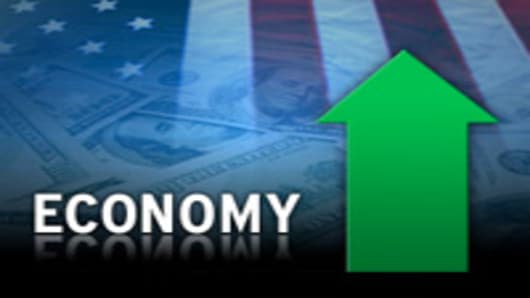Richard Bernstein, former chief investment strategist at Merrill Lynch and CEO of Richard Bernstein Capital Management, told CNBC today that he sees the economy charging ahead, as if "on steriods."
"This [recovery] cycle is remakably like past cycles, it's just that everything is on steriods," said Bernstein. "[It's] because of the huge amount of credit and leverage. But if you look in the stock market, what's been working and when it's been working, it seems relativety normal."
Bernstein appeared on Squawk Box, along with Tobias Levkovich, Citigroup’s chief U.S. equity strategist, in a discussion of what is driving the recovery and just how quickly it may proceed.
Jack Welch, former CEO of General Electric , told CNBC this week that the recovery is proceeding faster than it did during the 1991 downturn, principally because industrial production is humming in many areas. Welch characterized this year's climb out of the recession as a V-shaped recovery, or a definitive upward swing. Other signs of a pick-up are the results of yesterday’s Treasury auction and more vigorous hiring this month, Bernstein told CNBC.
"One of the critical areas in which I agree with Rich is that everthing is like normal. I've seen the really sharp improvement in credit conditions," added Levkovich. "I think Rich is right; I think Jack is right."
Bernstein said that fresh hiring is the Number 1 driver of the recovery, but Levkowich disagreed. “Remember,” Lefkowich told CNBC, “recovery doesn’t start with jobs. Jobs confirm it. You typically see spending go up or go down. Jobs follow it. It’s a sustaining factor; it’s not the lead factor.”
Bernstein was also upbeat in his interpretation of yesterday’s auction, considered by some investors and analysts as a vote of no confidence for the Democratic-led Congress and the Obama Administration. “I like Treasurys from the point of view of diversification,” added Bernstein. “They are the only non-correlated assets out there now. Treasurys shouldn’t do well at this point, and I think that’s very healthy.”
“We should want Treasurys to do poorly,” agreed Levkovich. “That would be vindication that the economy is doing well.”


